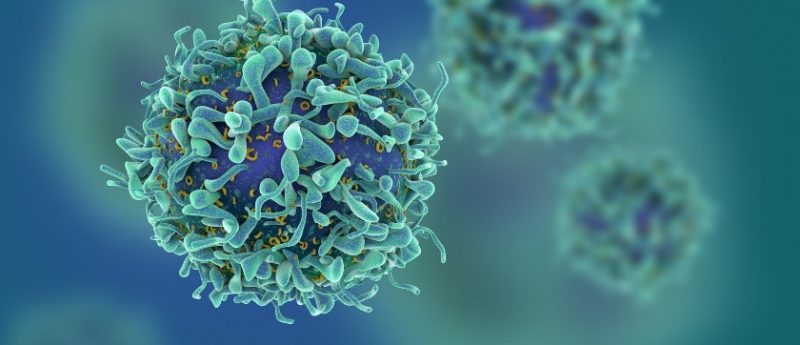NCRI 2018: Prostate cancer patients may prioritize the avoidance of side-effects over survival probability

Research recently presented at the 2018 NCRI Cancer Conference (4–6 November, Glasgow, Scotland) by Hashim Ahmed (Imperial College London, UK) has demonstrated that, despite probability of survival being the most critical factor in the reasoning behind patients’ treatment choices, the possibility of side-effects and further treatment also have an effect.
Ahmed explained: “Men with early prostate cancer have to choose between active surveillance, with regular check-ups, and more invasive therapy, such as removal of the prostate gland or radiotherapy. Previous research suggests that men with low-risk prostate cancer do not gain improvements in survival at 10 years following treatment.”
“Men with high-risk prostate cancer gain a 5% improvement in 10-year survival with treatment. In men with medium-risk disease there is uncertainty over whether treatment affects survival,” Ahmed added.
Ahmed and his colleagues conducted research upon 634 individuals recently diagnosed with localized prostate cancer who had yet to discuss specific treatment options with medical staff. Of these patients, 74% had low or medium-risk cancer and 26% had high-risk cancer.
The patients were presented with hypothetical treatment options which varied in their influence on survival, incontinence, impotence, recovery time and the potential for requiring further treatment, and data resulting from their choices was utilized to quantify the importance of each factor to the cohort.
The results revealed survival to be the most important factor, however additionally it was discovered that patients may sacrifice some improved survival in order to reduce the likelihood of suffering from side effects or requiring further treatment. On average, patients accepted lower survival rates where risks of side effects were lower.
Regarding the impact of these findings, Ahmed stated that he wished to improve strategies to reduce patient harm, such as utilizing active surveillance or less invasive treatments such as focal therapy.
Prostate cancer, one of the most prevalent male cancers, is often a slow developing disease with a good possibility of survival with or without treatment.
Treatments include radiotherapy and surgery; however both of these may induce side effects such as urinary incontinence and erectile dysfunction which can affect both the emotional well-being of the patient and their interpersonal relationships.
Robert Jones (University of Glasgow, UK) commented: “This research shows that patients are willing and able to make trade-offs between different aspects of treatment and they may wish to choose treatments or strategies that have fewer side effects, even if survival is not as good. Clinicians should ensure they give non-biased information about the different options for prostate cancer to help patients decide what is right for them.”
Source: NCRI 2018 press release





